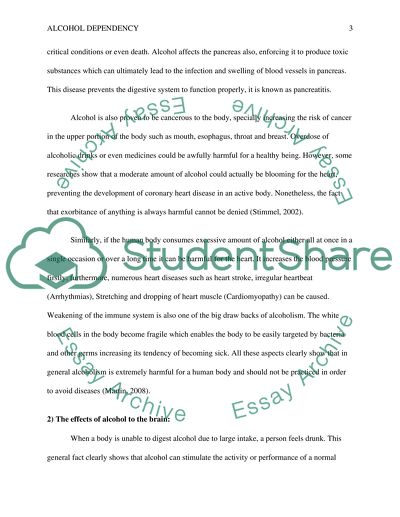Cite this document
(“The effects of alcoholism dependency Research Paper”, n.d.)
The effects of alcoholism dependency Research Paper. Retrieved from https://studentshare.org/psychology/1632539-the-effects-of-alcoholism-dependency
The effects of alcoholism dependency Research Paper. Retrieved from https://studentshare.org/psychology/1632539-the-effects-of-alcoholism-dependency
(The Effects of Alcoholism Dependency Research Paper)
The Effects of Alcoholism Dependency Research Paper. https://studentshare.org/psychology/1632539-the-effects-of-alcoholism-dependency.
The Effects of Alcoholism Dependency Research Paper. https://studentshare.org/psychology/1632539-the-effects-of-alcoholism-dependency.
“The Effects of Alcoholism Dependency Research Paper”, n.d. https://studentshare.org/psychology/1632539-the-effects-of-alcoholism-dependency.


